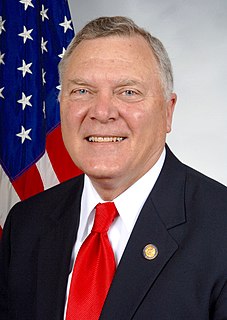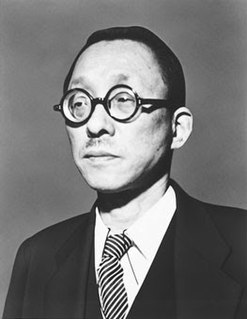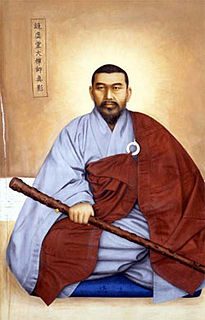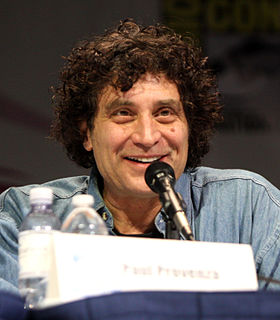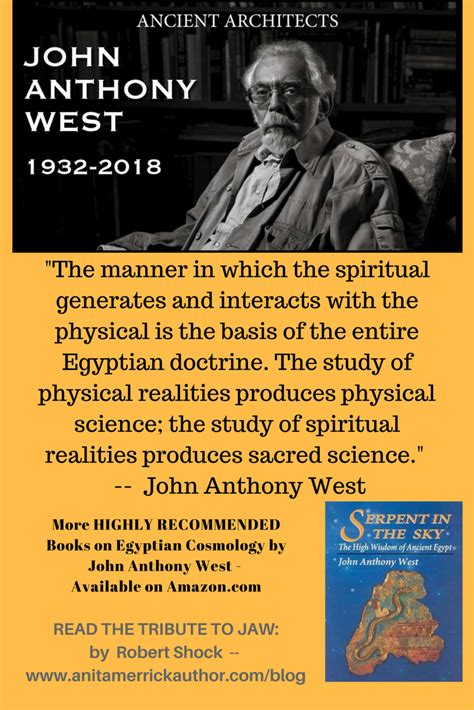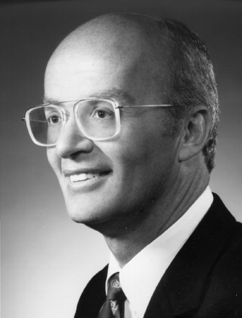Top 1200 Ancient Philosophy Quotes & Sayings - Page 3
Explore popular Ancient Philosophy quotes.
Last updated on April 20, 2025.
I've been really happy to be in that conversation with Scott [Derrickson] for a few months now. We started chewing this cud a while ago. He is, as you probably know, an extremely erudite thinker in terms of religious philosophy and just thinking about a modern take on something really, really ancient, about how to imagine living beyond any physical bounds, which we're on the verge of now.
There are actually two separate issues here. The first is whether (as ancient philosophers and Nietzsche assume) only the privileged elite can live a worthwhile life. The second is whether it's possible to fulfill the roles of both serious artist and upstanding citizen. It seems to me that philosophy can dissect both questions, by delineating clearly the anatomy of the good life and the structural conditions of the roles.
I intend Deaths in Venice to contribute both to literary criticism and to philosophy. But it's not "strict philosophy" in the sense of arguing for specific theses. As I remark, there's a style of philosophy - present in writers from Plato to Rawls - that invites readers to consider a certain class of phenomena in a new way. In the book, I associate this, in particular, with my good friend, the eminent philosopher of science, Nancy Cartwright, who practices it extremely skilfully.
There is in each of us an ancient force that takes and an ancient force that gives. A man finds little difficulty facing that place within himself where the taking force dwells, but it's almost impossible for him to see into the giving force without changing into something other than man. For a woman, the situation is reversed. ... These things are so ancient within us that they're ground into each separate cell of our bodies... It's as easy to be overwhelmed by giving as by taking.
What I would like to build is a new centre, a wider, broader centre, which would encompass a lot of different philosophies - you know, the philosophy that I'm putting forward that is a market liberal philosophy and a socially liberal philosophy but would have room in it for a broader church than that.
The integral approach is committed to the full spectrum of consciousness as it manifests in all its extraordinary diversity. This allows the integral approach to recognize and honor the Great Holarchy of Being first elucidated by the perennial philosophy and the great wisdom traditions in general... The integral vision embodies an attempt to take the best of both worlds, ancient and modern. But that demands a critical stance willing to reject unflinchingly the worst of both as well.
It may seem absurd to believe that a 'primitive' culture in the Himalaya has anything to teach our industrialized society. But our search for a future that works keeps spiraling back to an ancient connection between ourselves and the earth, an interconnectedness that ancient cultures have never abandoned.
People who turn to philosophy expecting to harvest a crop of formulas of wisdom or understanding do not understand-philosophy has such things, but they are merely incidental, not the essence of the matter. Philosophy is about subtilizing and tuning up the coherence and acuity of one's seeing, it is about opening new dimensions for insight, learning to think about what one is doing when one thinks instead of just blundering through the processes of putting thoughts together.
I drifted into a career in academic philosophy because I couldn't see anything outside the academy that looked to be anything other than drudgery. But I wouldn't say I 'became a philosopher' until an early mid-life crisis forced me to confront the fact that, while 'philosophy' means 'love of wisdom', and 'wisdom' is the knowledge of how to live well, the analytic philosophy in which I had been trained seemed to have nothing to do with life.
In my view, The Temple of Man is the most important work of scholarship of this century. R. A. Schwaller de Lubicz finally proves the existence of the legendary 'sacred science' of the Ancients and systematically demonstrates its modus operandi. It was this great science-based upon an intimate and exact knowledge of cosmic principles-that fused art, religion, science, and philosophy into one coherent whole and sustained Ancient Egypt for three thousand years.
It is like most other ancient books - a mingling of falsehood and truth, of philosophy and folly - all written by men, and most of the men only partially civilized. Some of its laws are good - some infinitely barbarous. None of the miracles related were performed. . . . Take out the absurdities, the miracles, all that pertains to the supernatural - all the cruel and barbaric laws - and to the remainder I have no objection. Neither would I have for it any great admiration.
The Ancient One, as you know, is the master, is the Sorcerer Supreme, and [Doctor] Strange comes to learn how to heal himself and The Ancient One has got the knowledge. And so what you're seeing today is a part of the whole training section when he's learning the moves and digging deep. So it's all about that, it's all about trying to push him to get there.
The Bible is an ancient text from an ancient context. We live thousands of miles and thousands of years away from that context, which also represents different cultures. Archaeology is a modern means of revealing both the lost record of the ancient world, and the historical and social world of the Bible. While the purpose of archaeology is not to prove the historicity of the people and events recorded in Scripture, it can help immeasurably to confirm the historical reality and accuracy of the Bible and to demonstrate that faith has a factual foundation.
We may say, in a broad way, that Greek philosophy down to Aristotle expresses the mentality appropriate to the City State; that Stoicism is appropriate to a cosmopolitan despotism; that stochastic philosophy is an intellectual expression of the Church as an organization; that philosophy since Descartes, or at any rate since Locke, tends to embody the prejudices of the commercial middle class; and that Marxism and Fascism are the philosophies appropriate to the modern industrial state.
Should a reasonable person not demand that philosophy should not be foolishly purveyed before people incompetent to see the point of it, as pearls before swine? For Nietzsche is utterly correct: philosophy is only for the healthy and whole-minded, the sick it has always only made even sicker. By means of philosophy they dig themselves even deeper into their pathetic delusions.
Experts in ancient Greek culture say that people back then didn't see their thoughts as belonging to them. When ancient Greeks had a thought, it occurred to them as a god or goddess giving an order. Apollo was telling them to be brave. Athena was telling them to fall in love. Now people hear a commercial for sour cream potato chips and rush out to buy, but now they call this free will. At least the ancient Greeks were being honest.
In elaborating how "philosophy by showing" works, and in defending the idea that literature and music can contribute to philosophical "showing", I am also doing something more standardly philosophical. But I view most of the book as an interweaving of philosophy and literary criticism. If that entails a broadening of a standard idea of philosophy, it's a broadening I'd like to see happen.
The most perfect philosophy of the natural kind only staves off our ignorance a little longer: as perhaps the most perfect philosophy of the moral or metaphysical kind serves only to discover larger portions of it. Thus the observation of human blindness and weakness is the result of all philosophy, and meets us at every turn, in spite of our endeavours to elude or avoid it.
